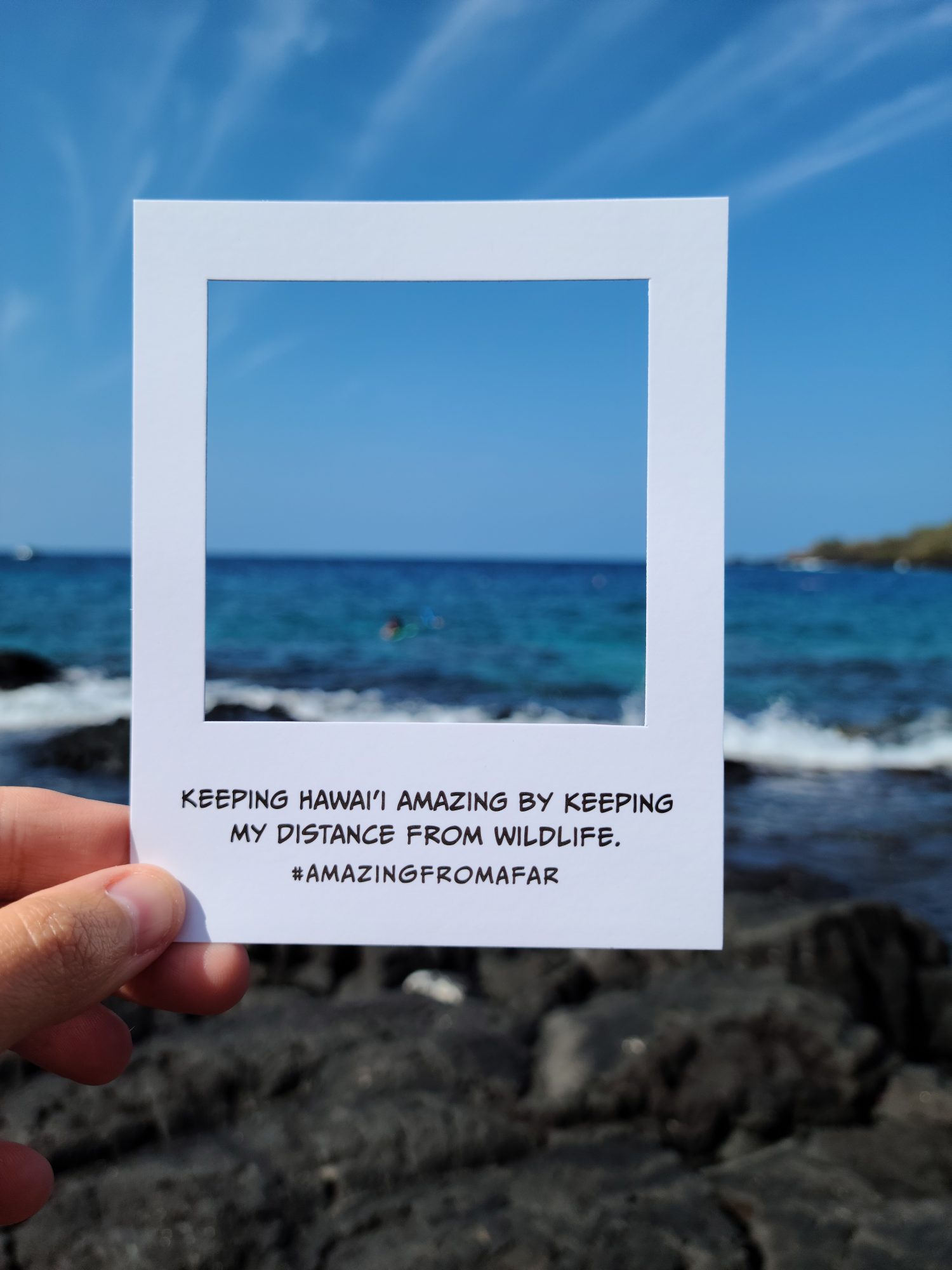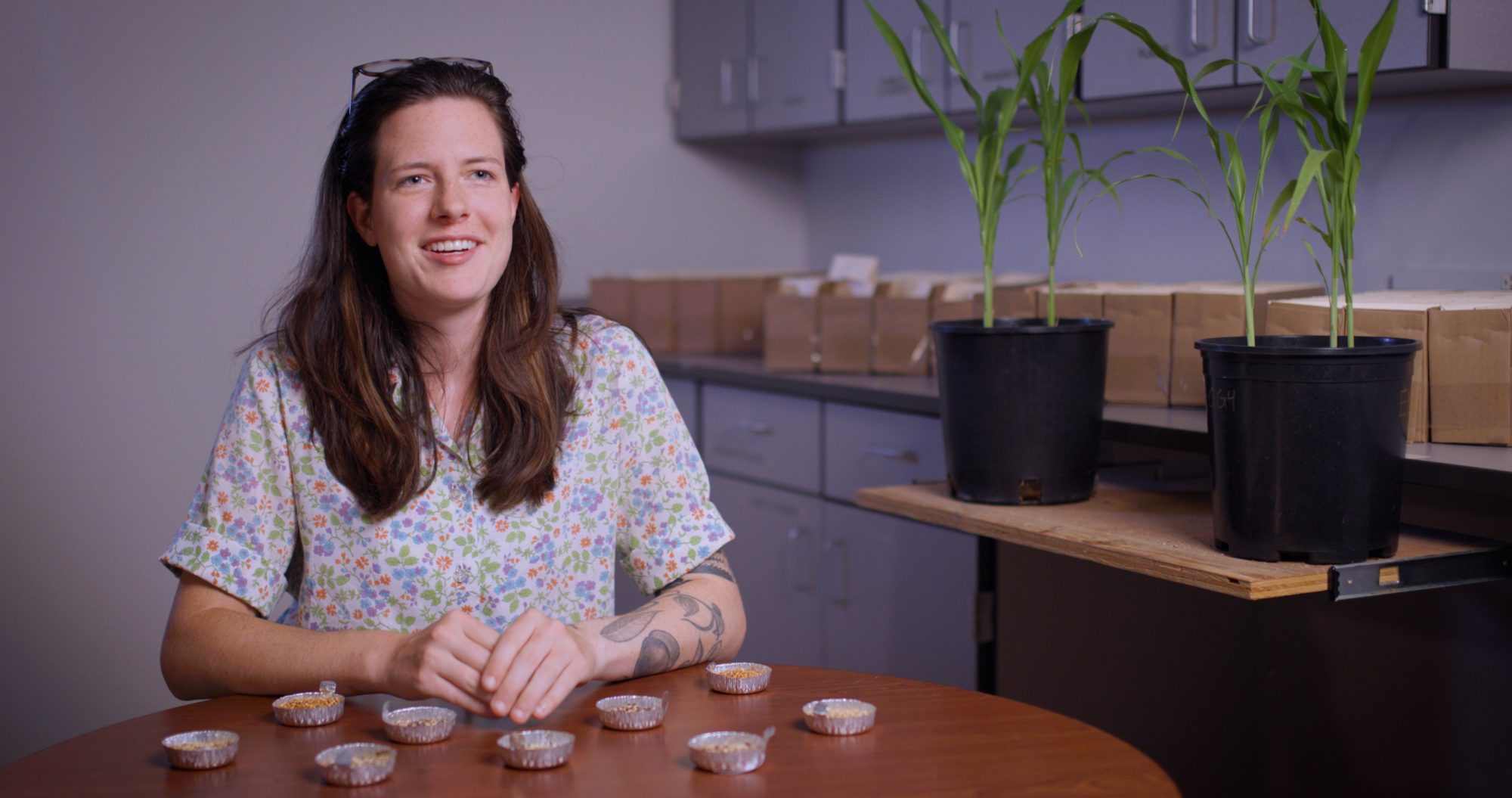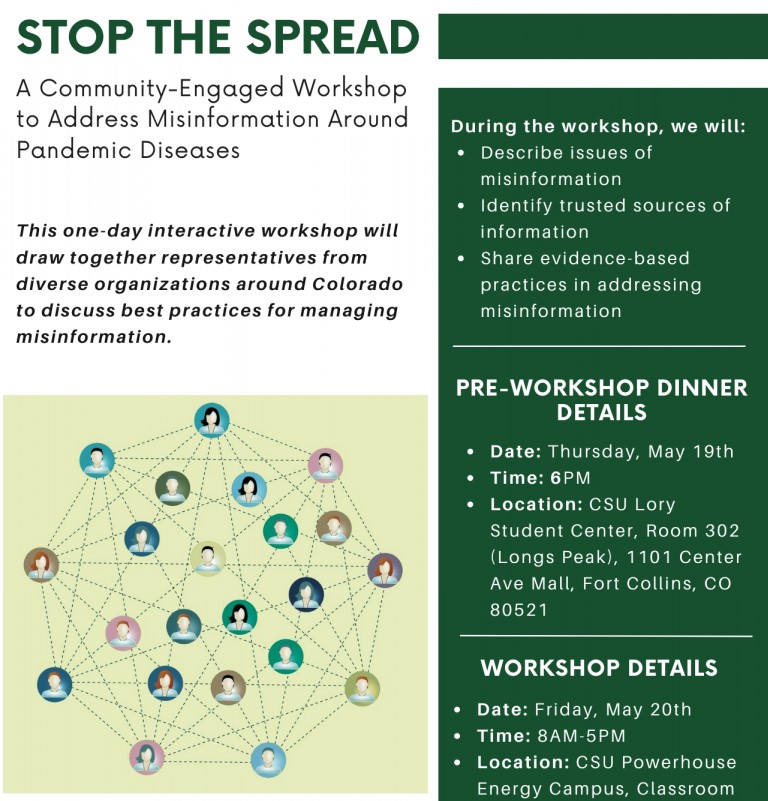Center for Science Communication
The JMC Center for Science Communication brings together experts, professionals, and students in pursuit of research-driven strategies for understanding the communication of science and science-related topics.
We define science broadly to include interwoven topics and issues related to agriculture, environment and natural resources, energy, food, human health (including “one health” issues), nutrition, risk, technology, veterinary medicine and animal health.
We are a hub for interdisciplinary, stakeholder-engaged scholarship in science communication.
Our goal is to foster better communication outcomes in pursuit of socially sustainable agricultural, environmental, and health systems.
Through research, teaching, mentoring, training, and outreach, we help stakeholders communicate effectively about science and provide expert solutions to science communication problems.
Student Involvement
Many students are involved in projects tied to the Center. Undergraduate students have internships, part-time work, portfolio pieces, and class projects in science communication.
Graduate students work in research assistantships or hourly research appointments to gain both science communication work experience and research experience. Often, students find opportunities to tie their honors thesis, master’s thesis or doctoral dissertation to one of the projects.
Our Team
Learn more about our faculty and researchers who are a part of the CSC.
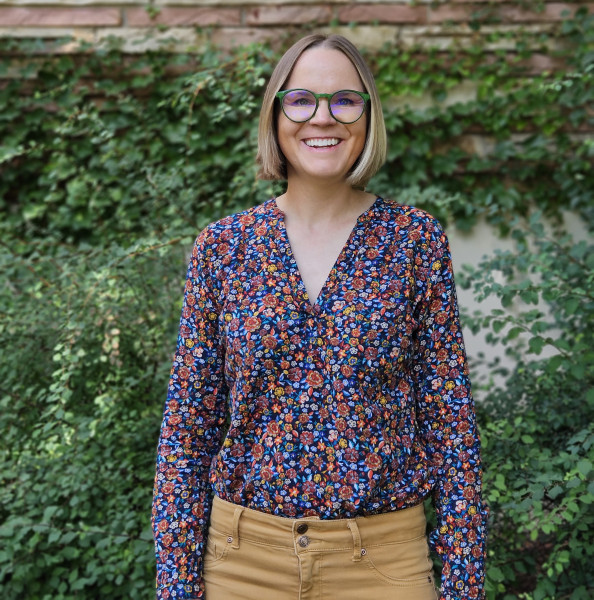
Katie Abrams
- Associate Professor
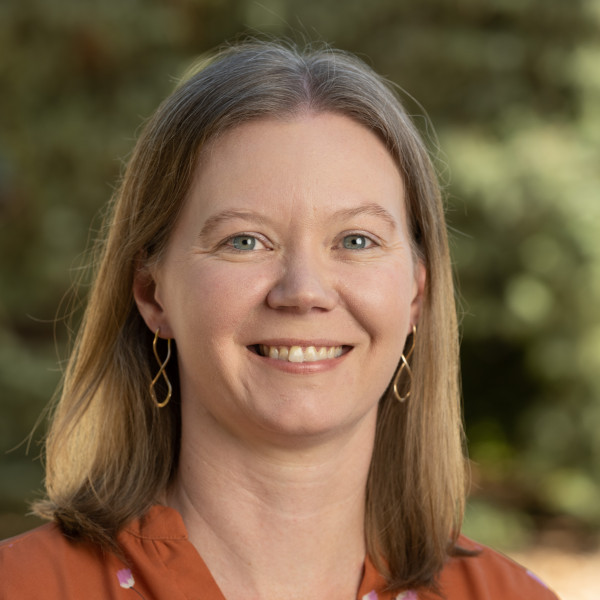
Ashley Anderson
- Associate Professor

Joe Champ
- Associate Professor
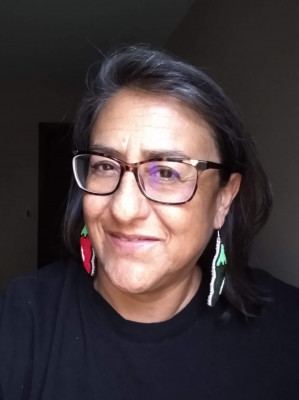
Jennifer "Jamie" Folsom
- Senior Instructor
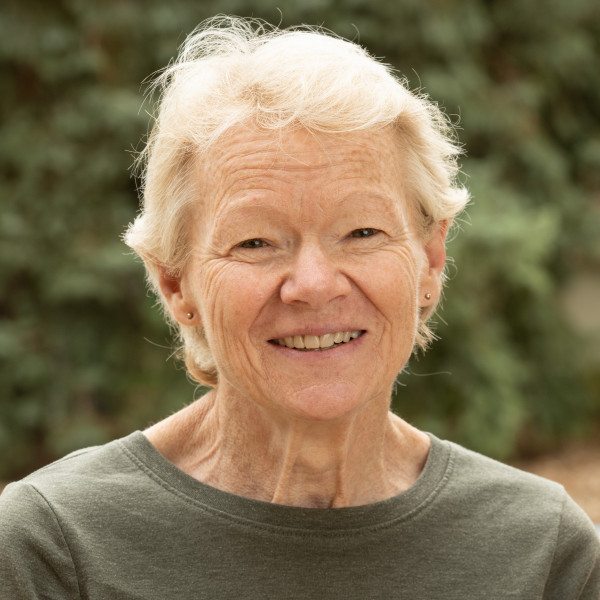
Marilee Long
- Professor and Department Chair
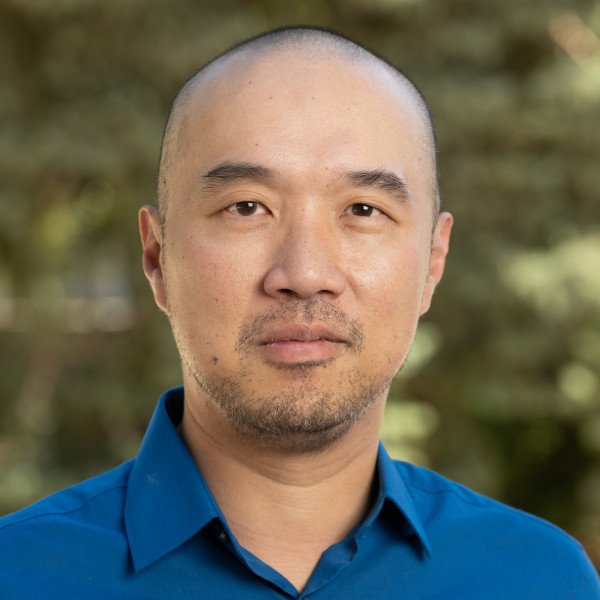
Samuel M. Tham
- Assistant Professor
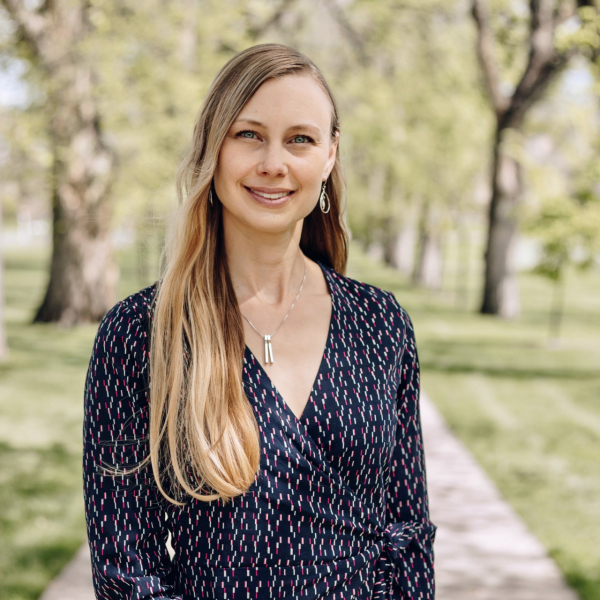
Jaime Jacobsen
- Assistant Professor
- Director, Center for Science Communication
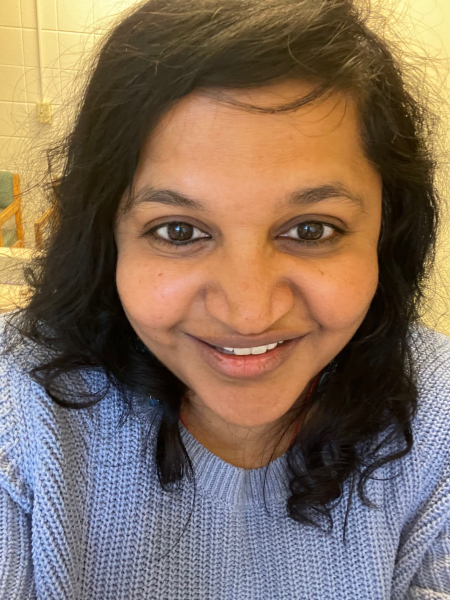
Gayathri Sivakumar
- Associate Professor
Our History
From its inception, the Department of Journalism and Media Communication’s trajectory has been based on the values of awareness, adaptability, and convergence. JMC was born out of the sciences and the humanities. From the start, CSU leaders charged the department with maintaining a strong research base while also providing state-of-the art communication and technology education. In combination this would supply students with the knowledge and skills to keep pace with the challenges of sharing meaningful, informative communications about increasingly complex processes. From overcoming the relatively recent challenges of the digital revolution and increasing public scrutiny of science and journalism, JMC has remained aware, adaptable, and convergent.
As the Center for Science Communication, we are here to bring the sciences and humanities back together. For a number of years, we have become increasingly aware of other efforts—on campus, in state and federal agencies, politics, the business and nonprofit world, health care, the sciences, engineering, veterinary medicine, natural resources, agriculture, and others—on the part of a growing number of researchers and practitioners to engage with science communication. Our goal is identifying ongoing science communication efforts whatever and wherever they are and making sure that all the different players in this phenomenon are aware of the efforts of others.
